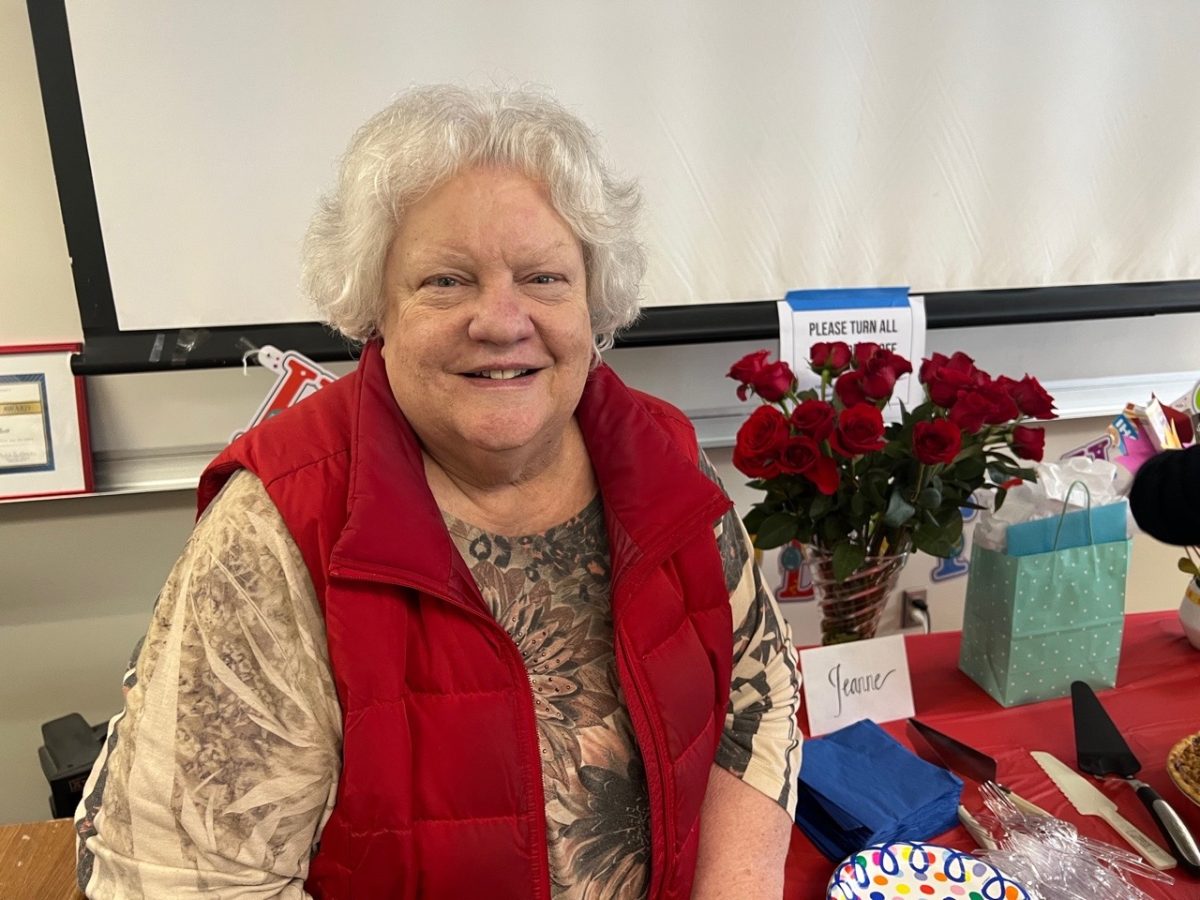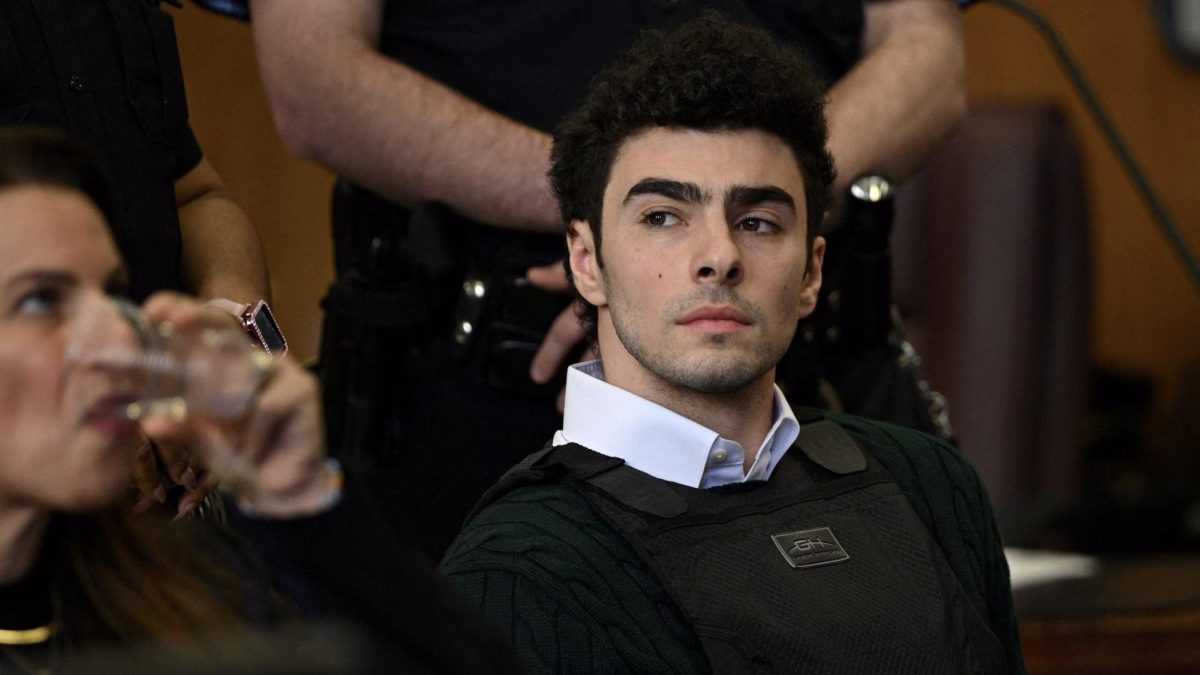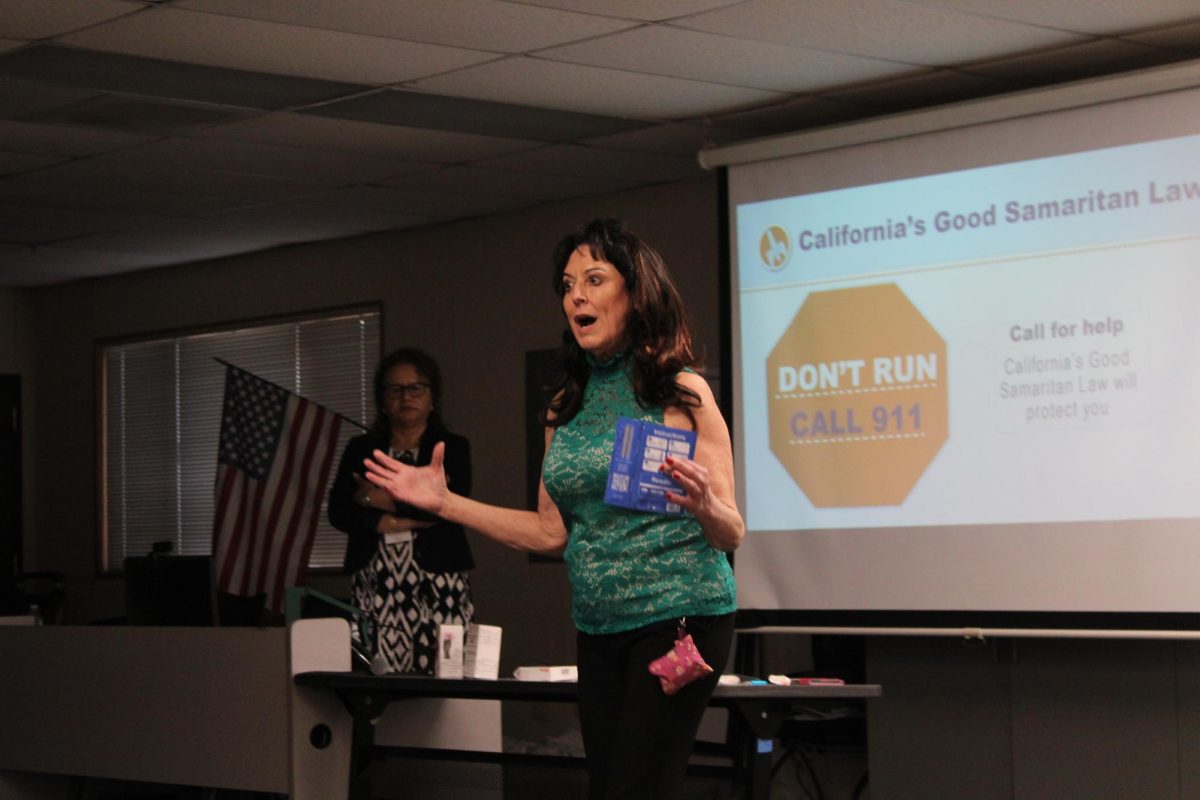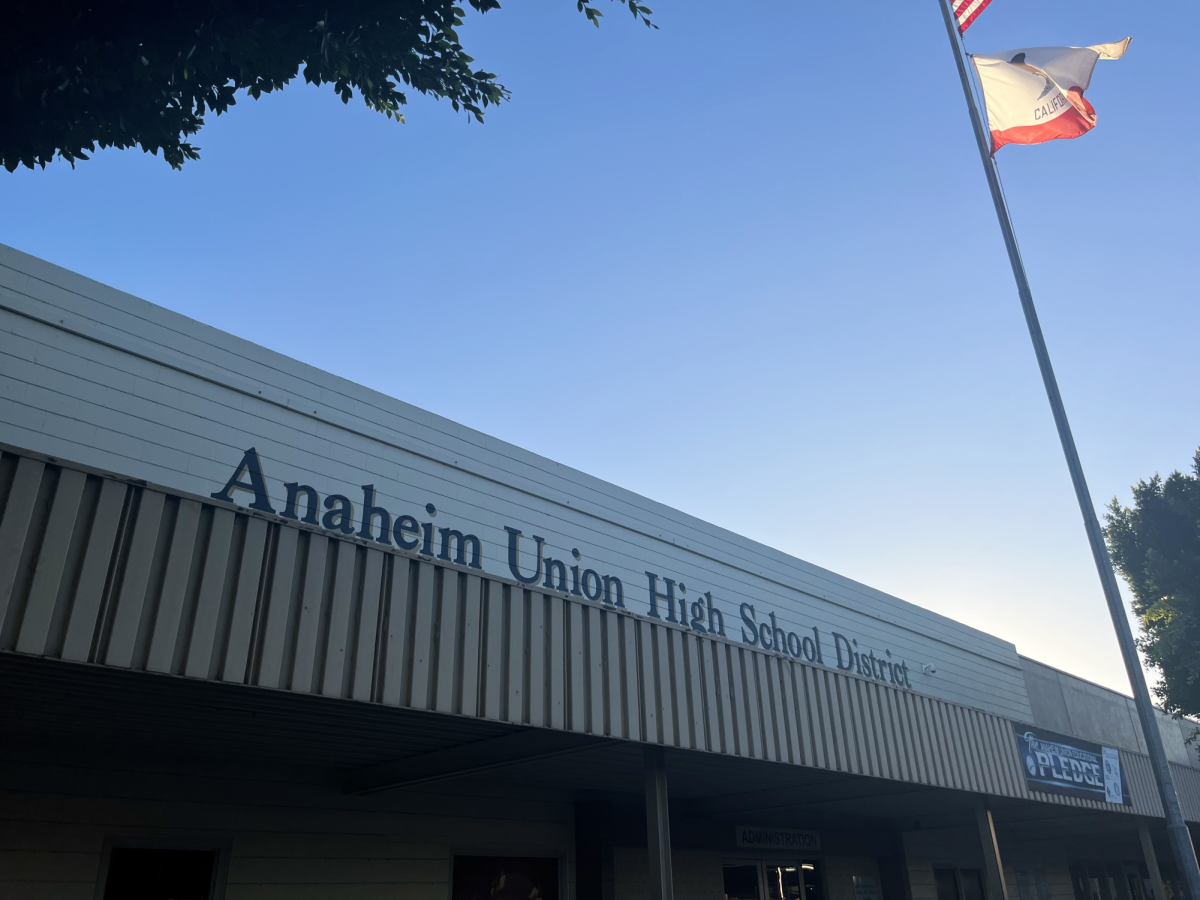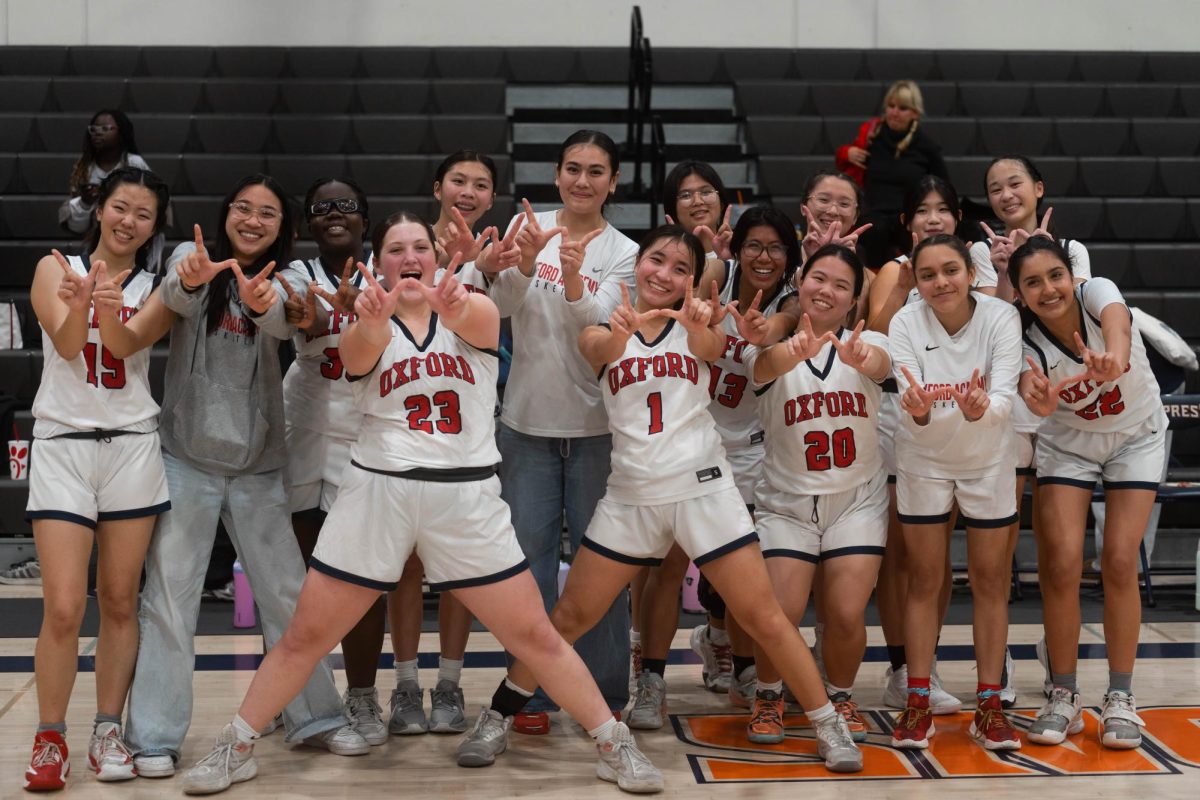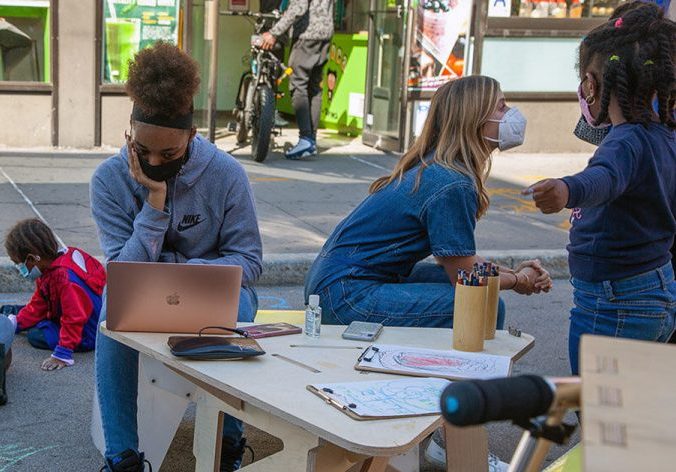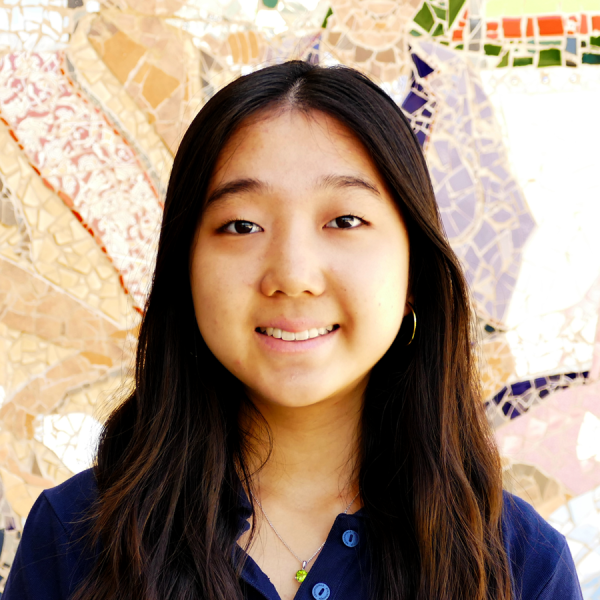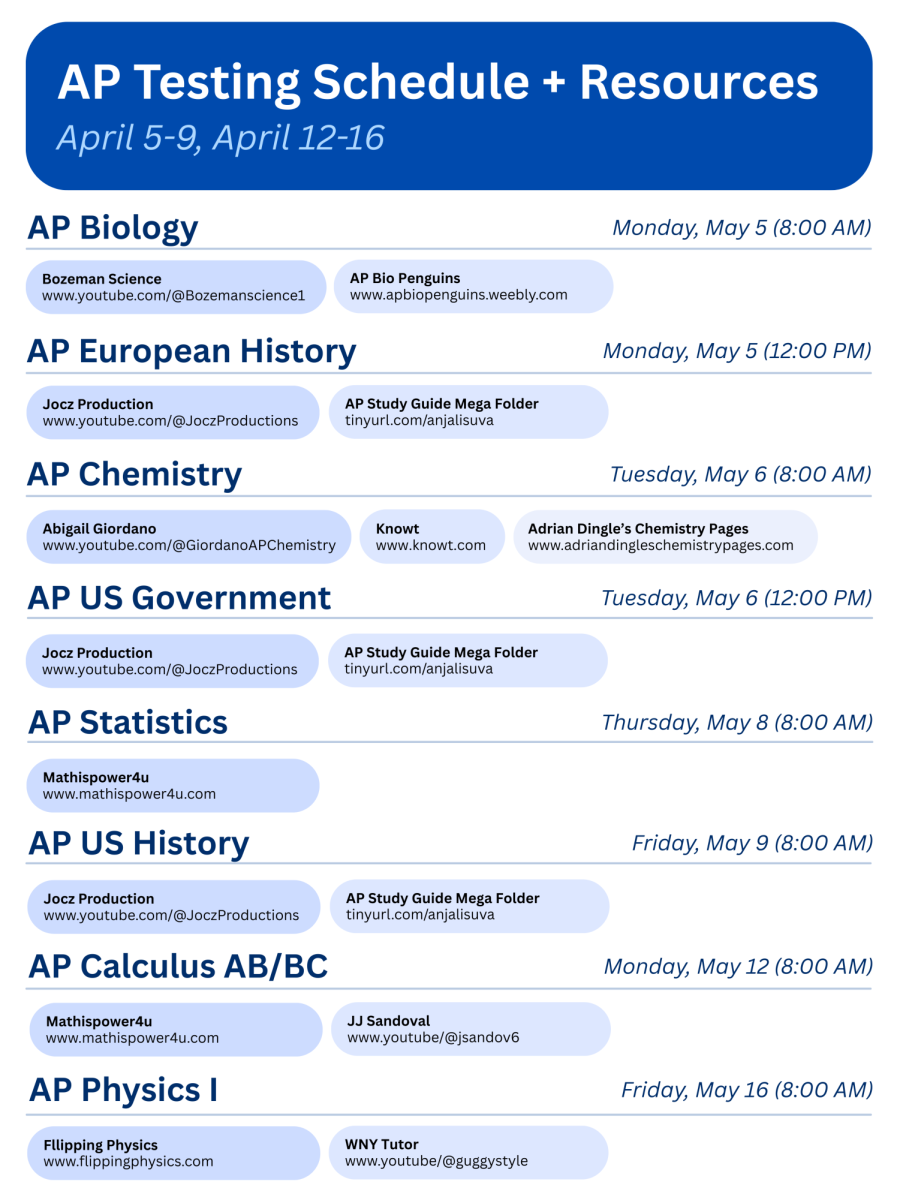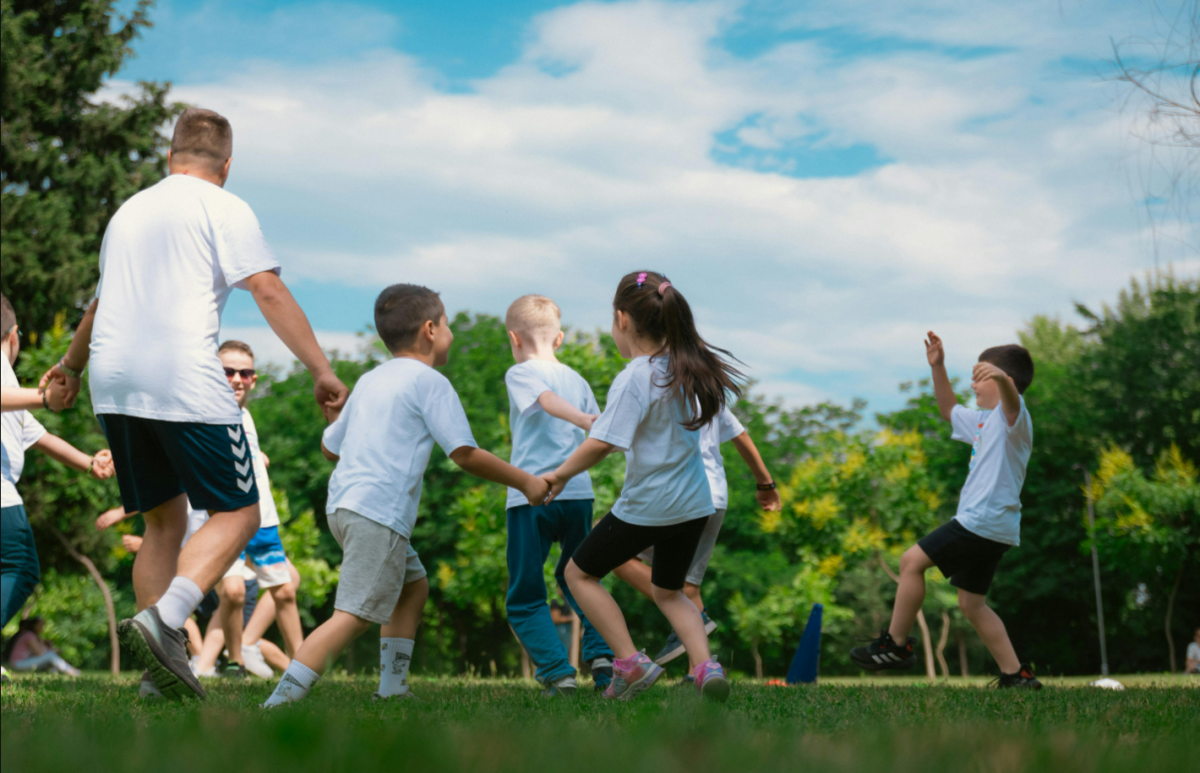Settling the successful lawsuit run by Oakland and Los Angeles families, California will allocate $2 billion to help K-12 schools recover from “pandemic learning loss.” The settlement will help bridge large learning disparities, targeting low-income and minority students by implementing additional education support measures in their schools.
First filed in 2020, the lawsuit argues that distance learning within California schools put students far behind the standard curriculum, due to the lack of proper instruction and resources provided. The largest gaps were seen in high-poverty districts, which deprioritized educational support for low-income students of color. In 2022, the Public Policy Institute of California reported concerningly low performance by low-income students compared to their wealthier counterparts.
In response to these concerns, California will extract $2 billion from the unspent $7.9 billion allocated in California’s Learning Recovery Emergency Block Grants program. The grant will be distributed to districts based on the population of high-needs students (low-income students, foster students, and English learners). The settlement will also place strict rules on spending measures and transparency, putting greater overall emphasis on helping disadvantaged students recover from “learning loss.” However, other than the implied additions of in-school tutoring, instructional materials, and counseling, the grant does not provide explicit requirements for how this money must be used.
“[The settlement is] basically piggybacking on, adapting, and trying to improve pre-existing state-led efforts to address academic recovery—and doing so without any additional new resources,” Stanford professor Thomas Dee said.
School districts will design a respective plan for the usage of the settlement through years 2027-2028. Although they have the freedom to determine which methods will be most effective for their students, the settlement requires districts to track and publicly disclose the progress and efficacy of these strategies, providing a new visibility in funding decisions.
Early into the plan, it remains unclear on how the Anaheim Union High School District (AUHSD) will implement the grant into its schools. According to the 2023-24 Local Control and Accountability Plan (LCAP), 75% of AUHSD students are classified as low-income, and achievement gaps persist for high-needs students. However, with the continuation of work-based learning and the 5Cs curriculum, as well as the newer incorporation of Cambridge Virtual Academy (CVA) following the pandemic, AUHSD lies far ahead of other California districts in recovery efforts and student performance. The 2023 AUHSD Assessment Report found AUHSD’s Smarter Balanced Assessment (SBA) results to be significantly higher than the county or state average.
Regardless of its implementation, the settlement provides strict accountability measures that will ensure transparency and integrity in the district’s decisions. The grant is expected to gear towards high-needs student groups, which may shift AUHSD’s funding priorities for the near future.
“At least now, there will be visibility and attention, and the uniform complaint procedure added means that anyone, including parents and caregivers, has a process to call out a district,” said senior special counsel Mark Rosenbaum. “These are resources that were meant to be used as an urgent crisis dictates, and they now will be.”


